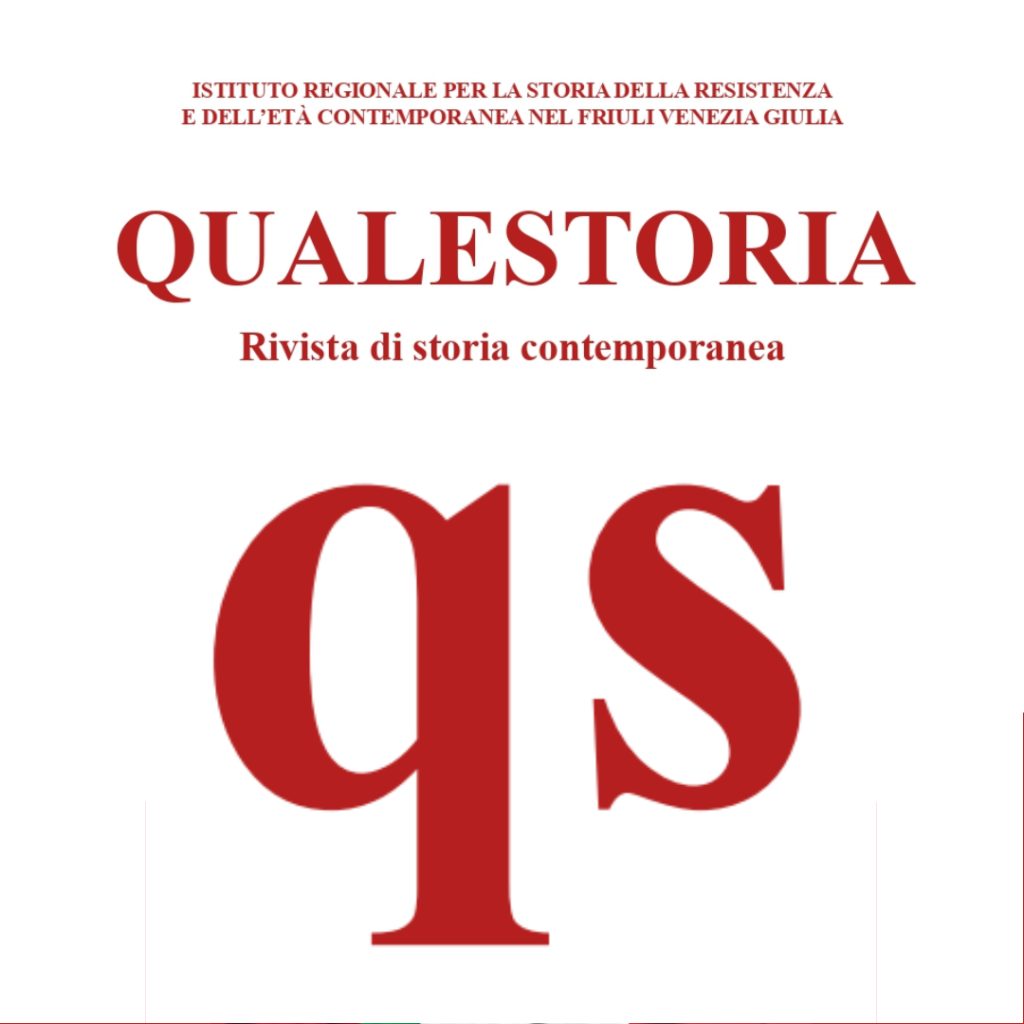1989 and the West. New Perspectives on the Consequences of
the End of the Cold War
20-21 April 2017
Utrecht University, International and Political History
Deadline : 23 September 2016
This workshop aims to offer new perspectives on how the end of the Cold War
affected and formed the states of Western Europe. The European continent seems
strained by enduring political divisions between East and West, putting their
distinctiveness again at the top of the political agenda, ranging from
international orientation; domestic party politics; the role of migration;
intelligence and security politics; to the politics of nationalism.
A major historical question in the field of political history and
international
relations history has been how the transformations resulting from the end of
the Cold War have changed the political map of Europe. Most of the scholarly
attention has in this regard been devoted to the former Eastern bloc, and has
sought to understand how the end of the Cold War affected the countries from
the Baltic to the Adriatic. Often, this has been understood in terms of the
eastern halve of the continent finally ‘joining’ Europe, meaning the West.
Yet Europe’s western halve was by no means a ‘static’ model whose
domestic and international systems were unaffected by the end of the Cold War.
The ‘end of history’ thesis which saw the end of the Cold War in terms of a
Western victory has long been questioned, but no overarching narrative has
replaced it, leaving the question still open on how the end of the Cold War
affected the West. This workshop is dedicated to that question. Most
obviously,
the Fall of the Berlin Wall brought an end to the existence of Western
European
communist parties; gave a stimulus to European integration; changed the
balance
of power in the European Union; altered the face of social democracy; and
caused an overhaul of the intelligence and security apparatus. Yet also other,
and less obvious, dimensions of the consequences of the end of the Cold War
for
the West, for instance regarding the politics of migration; the rise of
populism; the ‘normalization’ of nationalism and the prominence of
neoliberalism might be explored.
Aim: This workshop seeks to bring together scholars working in various
disciplines of the social sciences, including political history, history of
international relations, political science and public administration, in all
stages of their careers. The workshop is intended to establish close contacts
and international cooperation among scholars working on the consequences of
the
fall of the Berlin Wall for the West. The workshop is with emphasis intended
to
discuss papers at an advanced stage. Publication of a special issue is
intended.
Submission guidelines: We invite paper proposals based on original research
that offer new accounts of the creation of Western Europe as a distinctive
entity after the Cold War. Topics may include, but are not limited to, the
following:
• The changing face of nationalism
• The position of Germany in Europe
• European integration
• Domestic party systems and the rise of populism
• Social movements in the West
• Intelligence and security policies in the West
• Social Democracy and the Third Way
• The politics of neoliberalism
• Migration
Please submit your abstract (max. 200 words) and a short bio to
E.C.Braat@uu.nl
or P.Corduwener@uu.nl by 23 September 2016. All abstract should include a
paper
title, author name(s) and affiliation(s), professional status, and contact
details. Notification of paper acceptance will be given by end-September.
Contact e-mail: P.Corduwener@uu.nl












